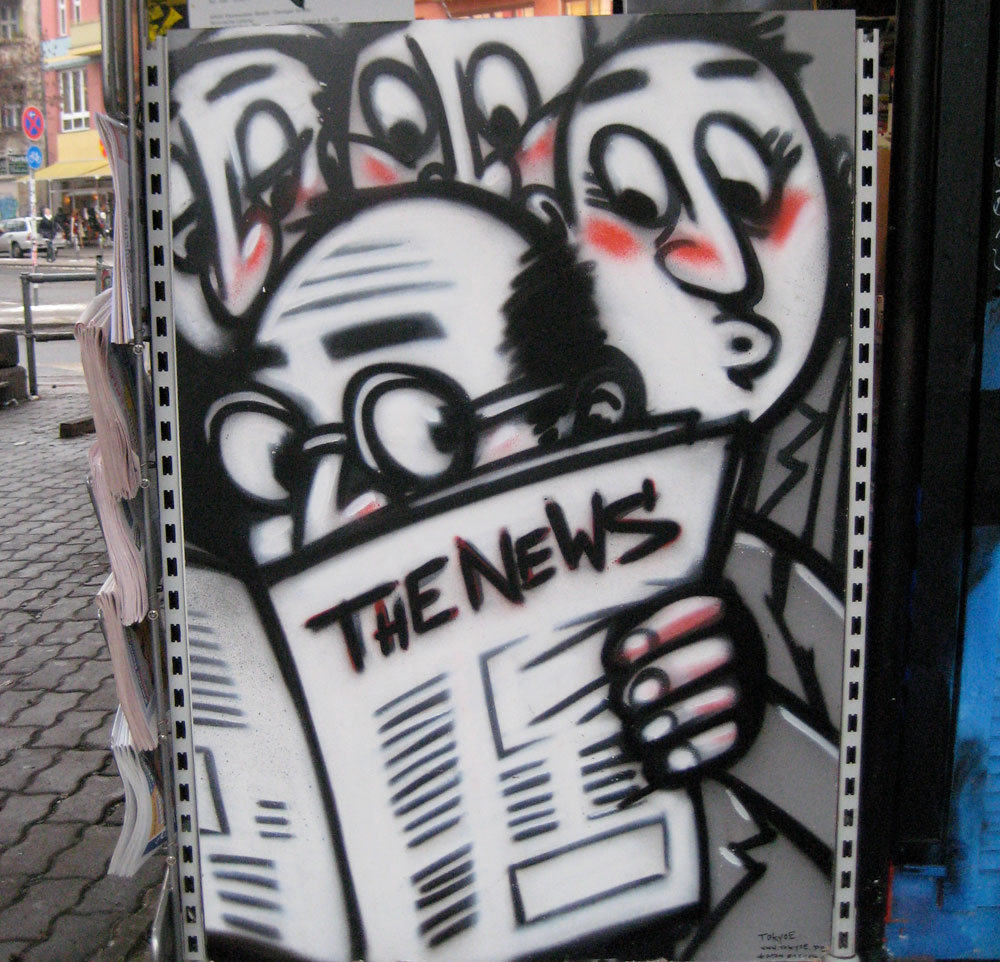August 30, 2011; Source: Cleveland Plain Dealer | Secretary of Education Arne Duncan wants to get his message of the importance of a quality education out to citizens, and just like students throughout the country, he is doing it by getting by on a bus.
According to the Cleveland Plain Dealer, next week Duncan will take a three-day bus tour from Pennsylvania to Wisconsin, along the way meeting with school and community leaders to stress his department’s commitment to investing in education in a cost-effective manner. The Plain Dealer spoke with Duncan by phone in advance of his trip to get a preview of his upcoming talk and a sense of the current status of schools.
According to the interview, Duncan believes that success for a public school system can only come from a city-wide effort. “We want not just public school systems, we want entire cities rallying behind those school systems to try and make sure they are world class,” he said. Having recently completed an analysis of Cleveland’s school districts that reveals that students from higher-income households score better on report cards than do students from lower-income households, the Plain Dealerasked Duncan whether he found this information discouraging. Duncan’s response was “No.” He added, “We’ve seen many districts that have high poverty, high minority populations that are showing tremendous progress. So I’m actually very, very hopeful.”
Sign up for our free newsletters
Subscribe to NPQ's newsletters to have our top stories delivered directly to your inbox.
By signing up, you agree to our privacy policy and terms of use, and to receive messages from NPQ and our partners.
By emphasizing the need for the education field “to do business differently,” Duncan is referring not just to the need for the field to become more cost-effective but also for the field to develop more defined partnerships with nonprofits and other community organizations. As he explained to the Plain Dealer: “I think schools should be open longer hours. School districts can’t do that by themselves, but you could have nonprofits, social service agencies coming in during the after-school hours and doing GED classes for parents or ESL classes or family literacy nights. Healthcare clinics, whatever it might be. You could have the faith-based community providing tutors or mentors.” Duncan also added that the business community can play a greater role by providing students with internships and mentoring support.
Duncan stressed that education and the economy are “inextricably linked,” and as such we must educate “our way to a better economy.”—Anne Eigeman











